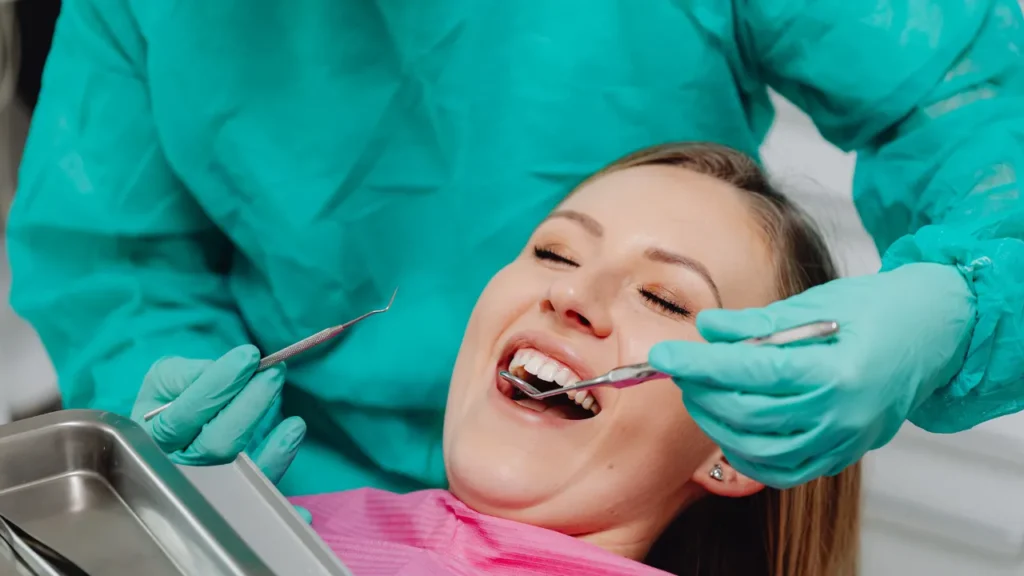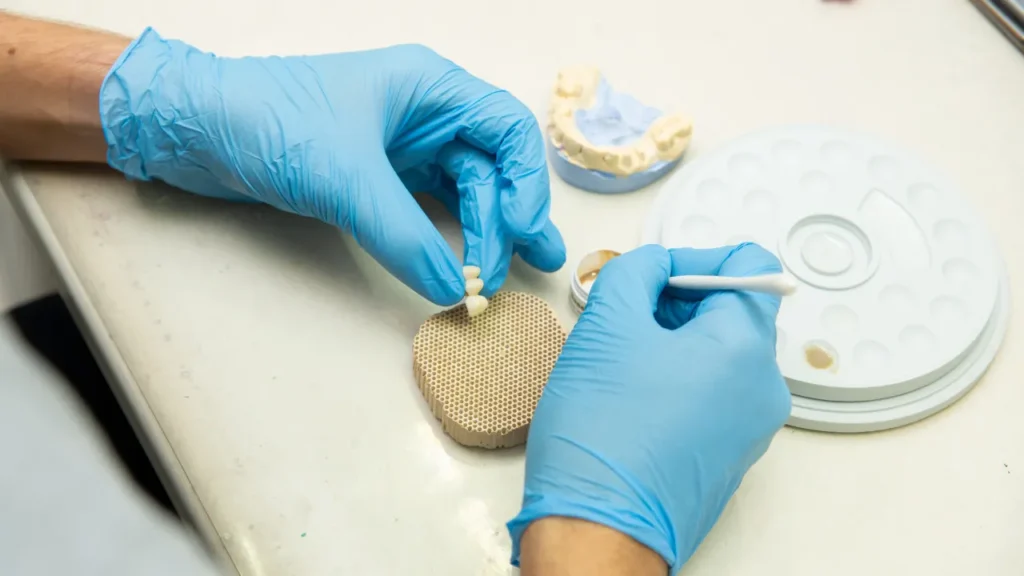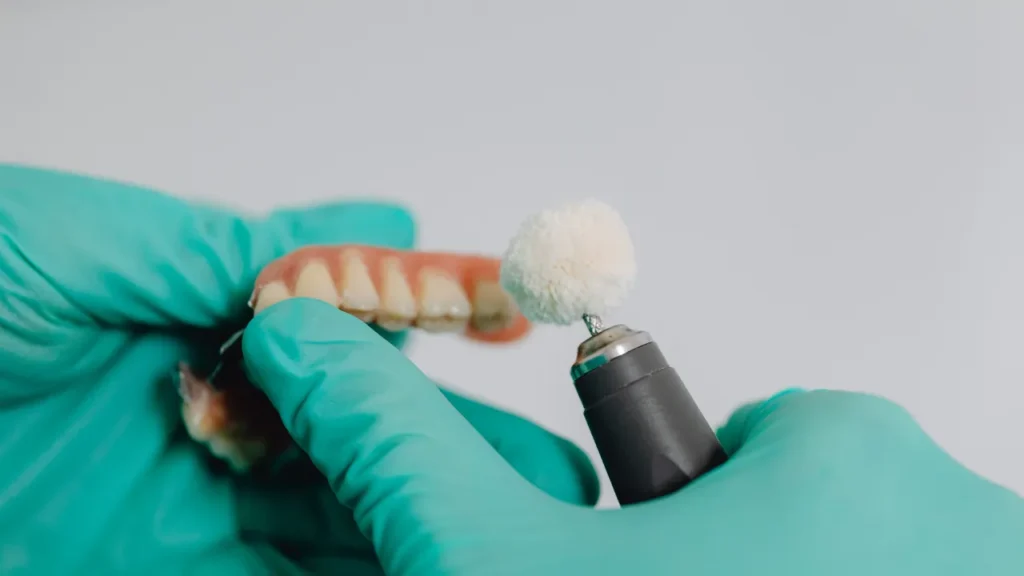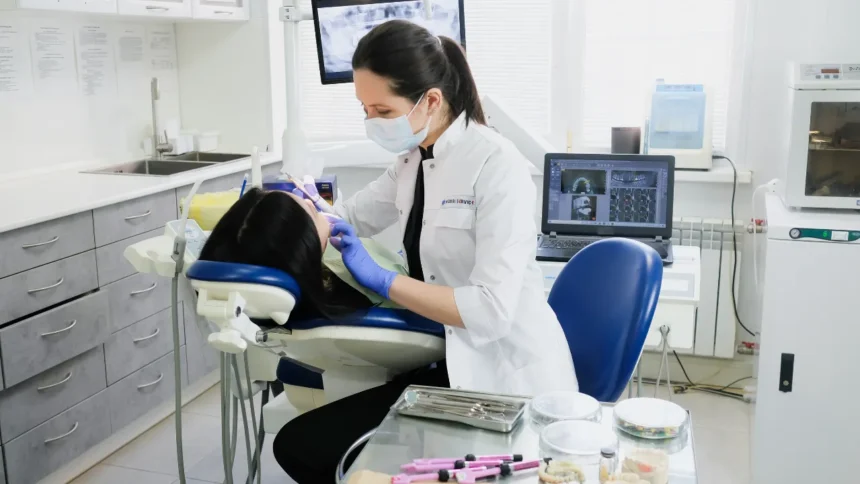Table of Contents
Dental implant surgery is a life-changing procedure for many, but recovery requires careful attention to diet, including why no dairy after dental implant surgery is often recommended. Understanding the reasons behind this advice and how to navigate your diet can make all the difference in ensuring a smooth healing process.
Dental Implant Surgery
Dental implants are artificial tooth roots placed into the jawbone to support replacement teeth. In the UK alone, about 10,000 implants are placed in the lower jaw annually, with success rates of 90% to 95%.
The Healing Process Explained

Healing after dental implant surgery involves osseointegration, where the implant fuses with the jawbone over several months. A temporary prosthesis may be used for about six months to protect the site during this period, why no dairy after dental implant?
Why Dairy Is a Concern Post-Surgery
Dairy products can pose risks during early recovery due to their composition. Here are the main concerns:
- Lipid-rich film: Dairy leaves a fatty residue in the mouth, which may encourage bacterial growth near the surgical site.
- Mucus production: Casein proteins in dairy can increase mucus in some people, potentially irritating the healing area.
- Medication interactions: Dairy may interact with antibiotics, causing nausea or discomfort.
- Bone healing interference: Excess calcium and phosphorus from dairy might disrupt natural bone formation, risking implant stability, why no dairy after dental implant?
How Long Should You Avoid Dairy?
Recommendations on avoiding dairy vary, with some experts suggesting 48-72 hours post-surgery, while others advise 4-6 weeks. The longer period aligns with the initial healing phase, ensuring the implant site remains stable, why no dairy after dental implant?
What Does Science Say About Dairy Restrictions?
Some studies question the need for strict dairy avoidance, citing limited evidence. Dairy’s nutrients, like calcium, phosphorus, vitamin D, and probiotics, can actually support bone healing when consumed appropriately.
Timing for Reintroducing Dairy

Reintroducing dairy depends on your healing progress and dentist’s advice. Typically, after 4-6 weeks, you can slowly add dairy back, starting with low-fat options like yogurt to avoid irritation, why no dairy after dental implant?
Non-Dairy Alternatives for Healing
A nutrient-rich diet is crucial for recovery, and non-dairy options can provide similar benefits. Consider these alternatives:
- Almond or oat milk: Calcium-fortified and gentle on the mouth.
- Leafy greens: Rich in calcium and vitamins for bone health.
- Silken tofu: Soft, protein-packed, and easy to eat.
- Smoothies: Blend fruits, vegetables, and non-dairy milk for a healing boost.
For example, Sarah, a patient at Hoggard Family Dentistry in Wilmington, NC, switched to almond milk smoothies post-surgery and felt energized during recovery, why no dairy after dental implant?
Other Dietary Considerations
Beyond dairy, avoid hot or caffeinated drinks like coffee, as heat can irritate the implant site. A 2022 study confirmed caffeinated drinks don’t directly harm healing, but caution is advised.
Tips for a Smooth Recovery

To support healing, follow these practical tips:
- Stick to soft, lukewarm foods like mashed potatoes or soups.
- Avoid chewing near the implant site to reduce pressure.
- Maintain oral hygiene with gentle rinsing, as advised by places like Senova Dental Studios in Watford, England.
- Consult your dentist, such as Advanced Family Dentistry (909-980-5558), for personalized guidance.
Real-Life Recovery Stories
At Capitol Square Dental in Columbus, OH, patient John avoided dairy for a month and noticed faster healing with non-dairy alternatives. Similarly, Lisa from Butler Family Dental in Eugene-Springfield, OR (541-485-6645), used oat milk-based recipes to stay nourished without complications, why no dairy after dental implant?
When to Consult Your Dentist
If you experience swelling, pain, or discomfort after eating dairy, contact your dentist immediately. Practices like Dental Salon in Cedar Park, TX, emphasize regular check-ins to monitor healing.
Final Thoughts
Why no dairy after dental implant surgery is key to a successful recovery. By avoiding dairy for the recommended period, choosing nutrient-rich alternatives, and following your dentist’s advice, you can support healing and enjoy your new smile sooner. For more personalized advice, visit trusted dental practices or check resources like https://x.ai/grok for additional insights.
FAQs
Why should I avoid dairy after dental implant surgery?
Dairy can leave a fatty film, promote bacteria, and interact with medications, risking infection or discomfort at the implant site.
How long should I avoid dairy after surgery?
Avoid dairy for 48-72 hours; some suggest 4-6 weeks to support initial healing and osseointegration.
Can dairy really affect implant healing?
Some studies say dairy’s nutrients aid healing, but excess calcium may disrupt bone formation, so moderation is key.
When is it safe to reintroduce dairy?
After 4-6 weeks, start with low-fat dairy like yogurt, but consult your dentist first.
What are good non-dairy alternatives?
Try almond milk, leafy greens, silken tofu, or smoothies for calcium and nutrients to aid recovery.
Can I drink coffee after dental implants?
Avoid hot coffee due to heat; caffeine is generally safe, per a 2022 study, but skip dairy additives.
What if I accidentally eat dairy?
Monitor for discomfort or swelling and contact your dentist, like Advanced Family Dentistry, if issues arise.
How do I maintain nutrition without dairy?
Eat soft, nutrient-rich foods like soups, mashed potatoes, and non-dairy milk to support healing.










